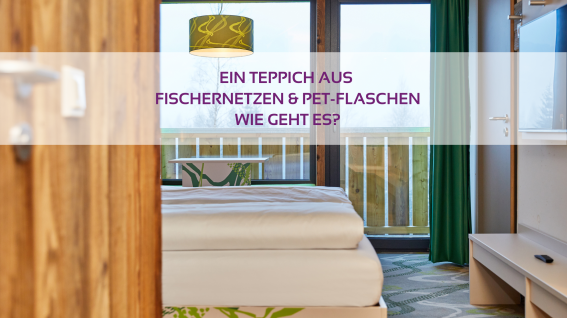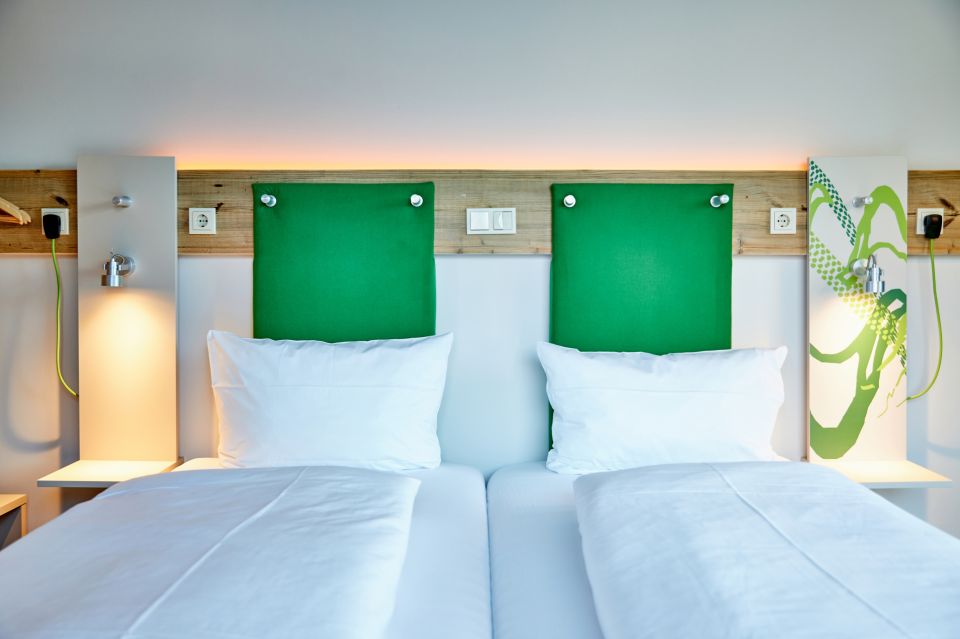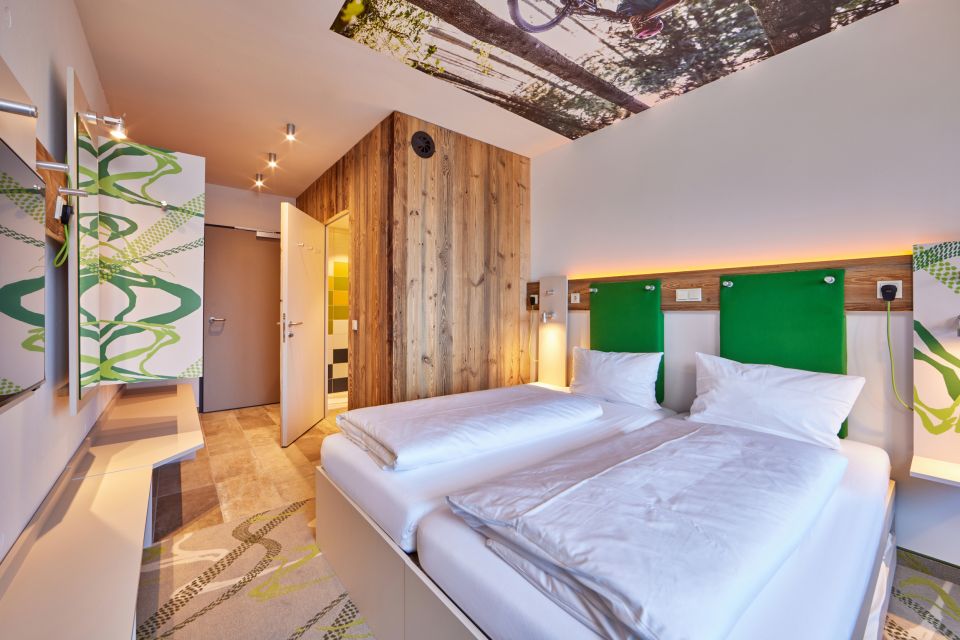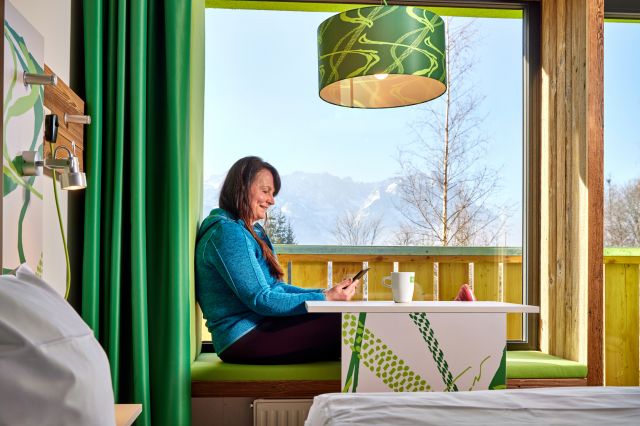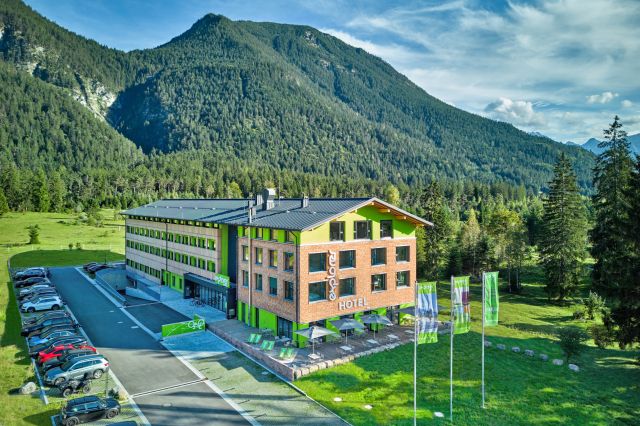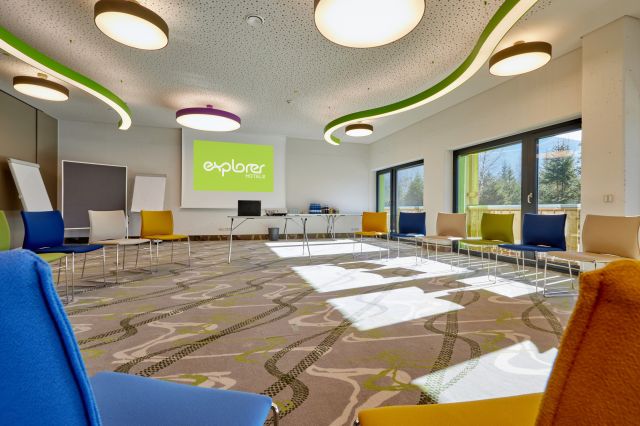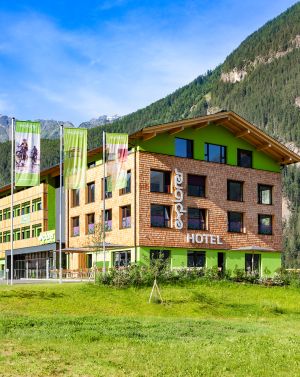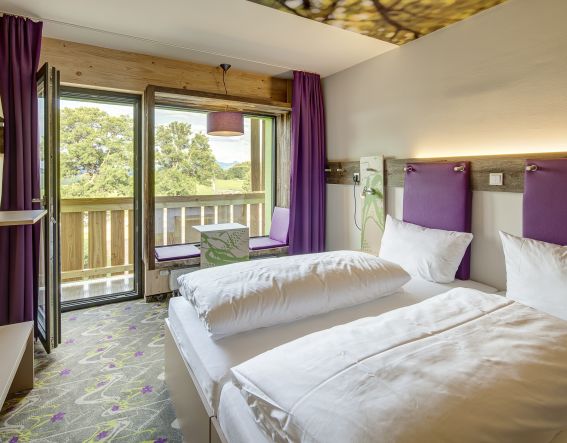
Did you know? With us, you walk on old fishing nets!
Cradle to Cradle - Sustainability in focus at Explorer Hotels
If you had the opportunity to use sustainable but significantly more expensive materials in your home, would you do it? We answered that question with a resounding YES.
Sustainable construction with cradle-to-cradle principle
The Cradle-to-Cradle (C2C) principle is based on the idea that all materials are guided through an idealized, closed-loop raw material cycle. All products are designed from the outset so that all materials and ingredients can be returned to their respective cycles and remain valuable, usable resources.
Our carpets made from old fishing nets and PET bottles are one example of this.
This innovative approach to sustainable circular economy was developed in the late 1990s by German chemist Michael Braungart and US architect William McDonough. (Source: www.umweltbundesamt.de)
The PDCA cycle: a continuous improvement process consisting of Plan, Do, Check & Act.
Cool design with sustainability in mind
Keine Frage soll unbeantwortet bleiben 😎
What does Cradle to Cradle mean?
How does the cradle-to-cradle concept work?
How can I, as a private individual, use the Cradle-to-Cradle approach?
What is a PDCA cycle
How is C2C implemented in the Explorer Hotels?
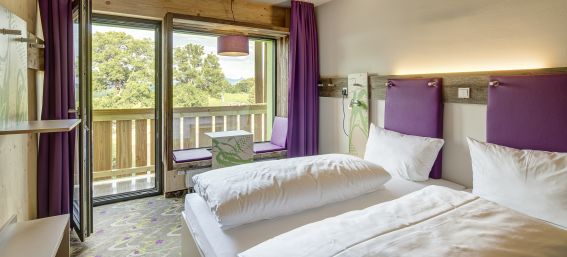
We always keep sustainability in mind in our design and are happy to bear the additional costs for the benefit of the environment - We care!

Explorer Hotels' sustainability promise
Do you want to know more about energy and the circular economy?
Website
